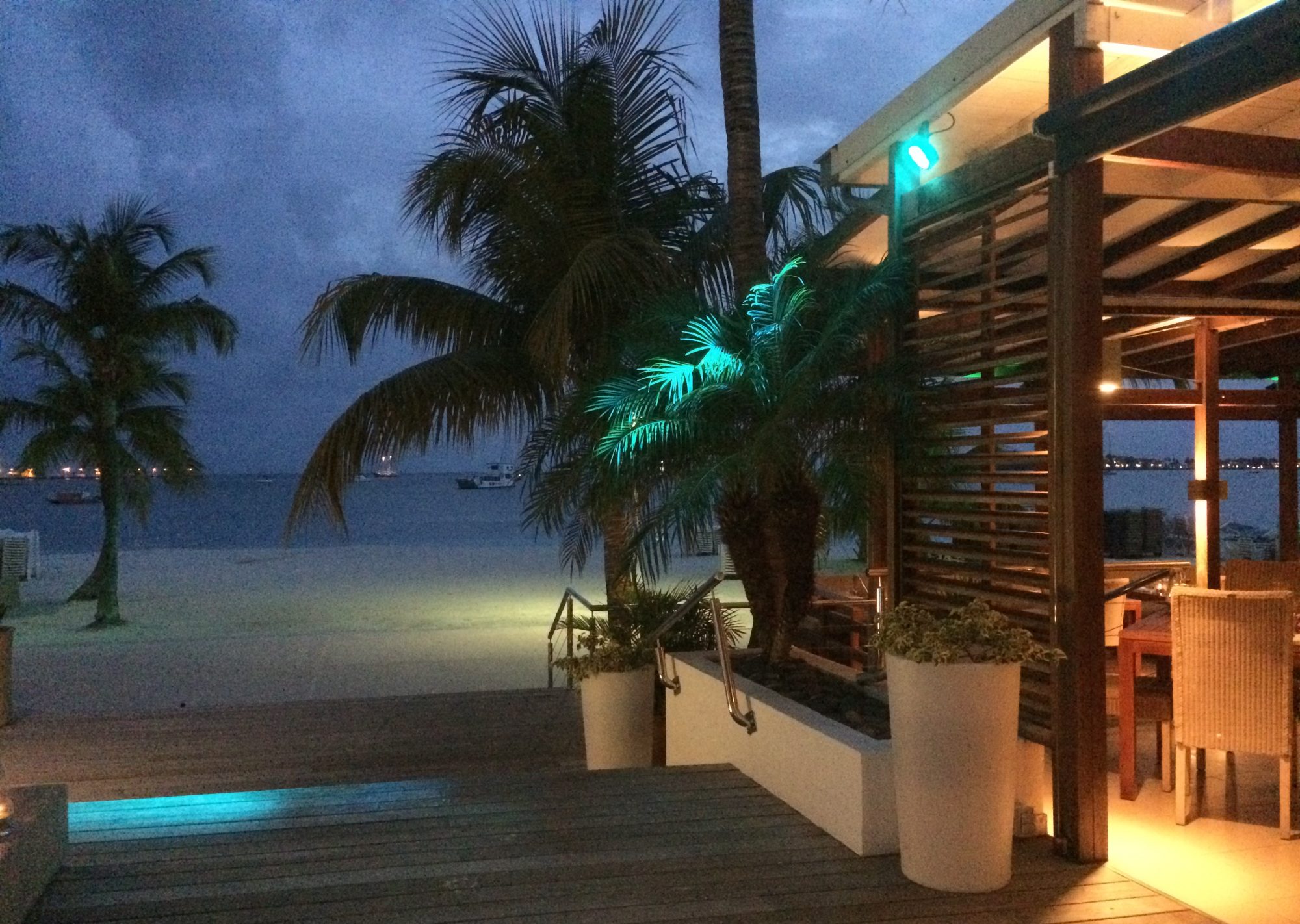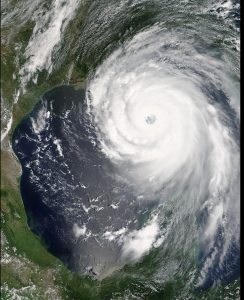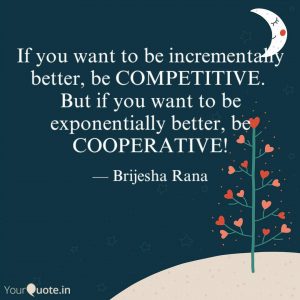On his website Ruben van Zelm describes the four quality paradigms of our book in an article with the title “What is Quality?”. Hardono and I make a distinction between the empirical, reference, reflective and emergence paradigm. Ruben compares the paradigms with a cycle tour, his tour that morning of his first holiday day. And he asks himself: What is the quality of that cycle tour?
Ruben delivers interesting thoughts and above all a confirmation on how clarifying an example can be. Thanks!!! Here, I follow Ruben’s story line, but give another example (partly real, partly made up). It is about the hurricane Catarina, that developed in the end of 2005 in the Caribbean. How could a government act from the four paradigms?
In the empirical paradigm quality is defined as conformance to requirements. Quality management is about measuring. Values that fit in this paradigm are accuracy and transparency.
Nowadays, from the beginning of a hurricane its development is measured. Catarina became one of the greatest hurricanes in the 2005 season in the Atlantic. She developed from category 1 (some damage will occur) to category 5 (desastrous damage will occur). On the top of her development, we talk about speeds of 278 kilometres an hour and minimal pressure of 902 mbar. She was wide, 400 kilometres from the centre. A government would measure and inform, warn their citizens. Also after the event the result is measured: Catarina caused 1833 deaths and over 153 billion dollar damage.
In the reference paradigm quality is compared to a model or a norm. The definition of quality is fitness for use. Important values are success and continuous improvement.
If the government does not only measure but e.g. does a prospective risk inventory to know what and where the biggest risks are; if the government has a hurricane plan en acts upon it. If the government evaluates the activities to prevent failures from happening again, in that case we talk about the reference paradigm. In fact governments in the case of Catarina did so on different levels and locations.
In the reflection paradigm quality is the perception of an event you can reflect on. Professional values are important in this paradigm.
In the example of Catarina the government could have installed an Outbreak Management Team that continuously -before, during and after the event- could advise how to act and how to prevent more harm to occur. Members should be professionals of a great variety of disciplines: doctors and nurses, fire brigade, police, army; psychologists and social workers. And of course: citizens!
In the emergence paradigm quality is considered to be dynamic. Some novelty occurs, mostly as a result of interaction and co-creation of a group of people. Flexibility and willingness to change are important values in this paradigm.
Our world gets more complex and uncertainty grows. It is important that we embrace the uncertainty and complexity. Maybe then, more quality initiatives can emerge like in 2005 as a result of the far-for-equilibrium caused by hurricane Catarina.
Curral L, Marques-Quinteiro P, Gomes C, Lind PG (2016) Leadership as an Emergent Feature in Social Organizations: Insights from A Laboratory Simulation Experiment. PLoS ONE 11(12): e0166697. https://doi.org/10.1371/journal.pone.0166697



